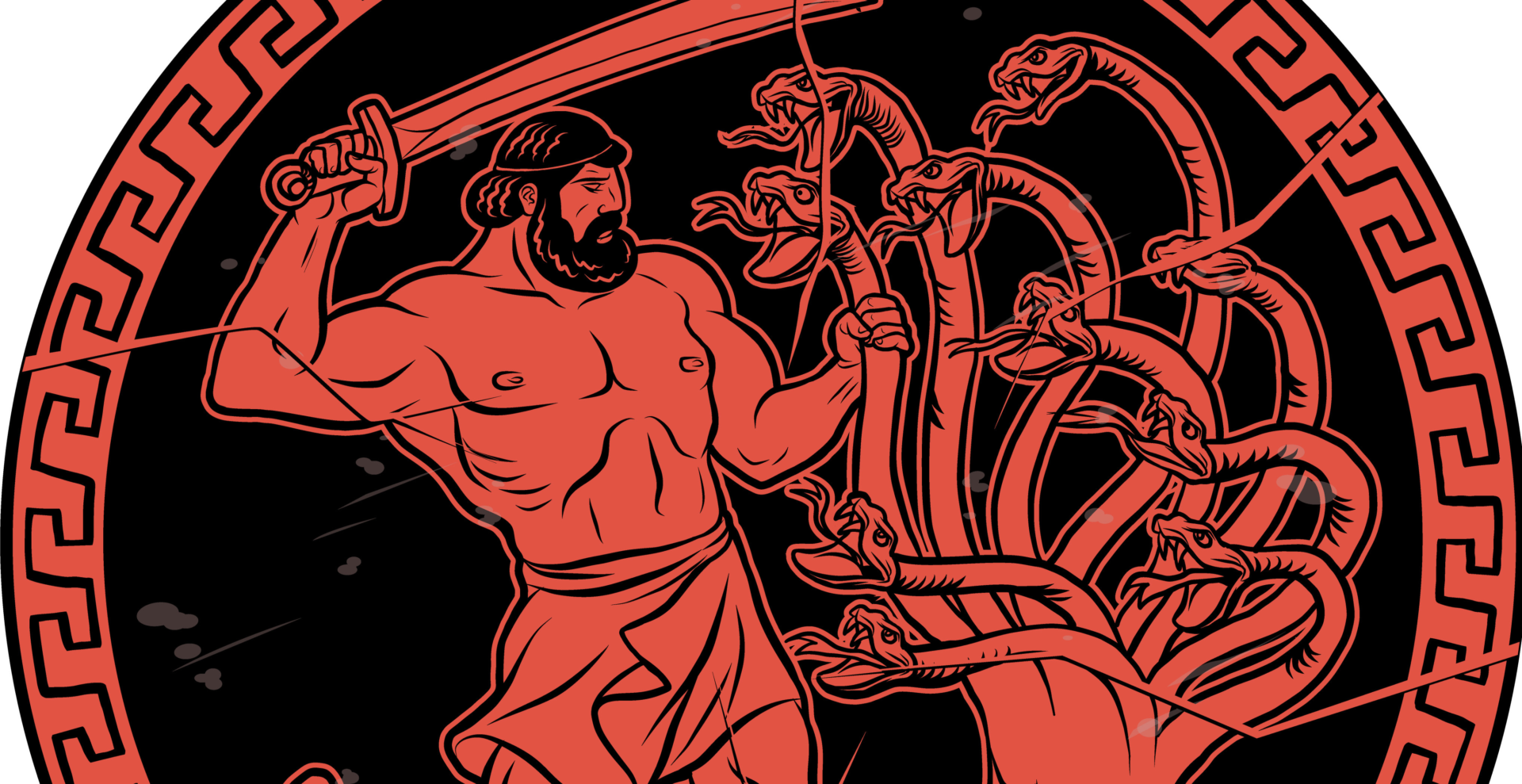A New Global Order
The world has been witness to the emergence and fall of several world orders in the past. In the 16th century it was the making of “great powers” in Europe, which later disintegrated due to religious and ideological differences. Then came the world order that emerged from a deep crisis post the First World War, while another world order was formed after the Second World War – defined by the ideological gap between socialism and capitalism.
Then came the era of Cold War which was dictated by the geopolitical differences between the United States and the Soviet Union. This battle was not just physical, but extended beyond, including both the US and Soviet Union’s allies. As stated in the John F. Kennedy’s Presidential Library and Museum: “the two superpowers continually antagonized each other through political maneuvering, military coalitions, espionage, propaganda, arms buildups, economic aid, and proxy wars between other nations.”
This bipolar world order system led by the US and USSR, fell with the collapse of the Soviet Union in 1991. After the disintegration of the USSR, a “unipolar order” emerged with the US at the helm of it. This phase of unipolar order made the US hold unparalleled economic, military, and political strength, exerting dominance over global affairs. The US dollar became the world’s reserve currency and led to the expansion of Western influence and international institutions.
We are now at a phase, where many say it’s a multipolar world order due to the emergence of China as an economic superpower and middle powers from Japan to India having more influence than before. Additionally, events like the Russia-Ukraine war and COVID-19 has upended the prevailing world order. The emergence of blocs such as the BRICS (a bloc consisting of Brazil, Russia, India, China, and South Africa) is a sign of it. Since its first summit in 2009, the bloc has added five more countries. Now BRICS+ represents 35% of the global GDP in terms of purchasing power parity.
The World is Fracturing
The emergence of multipolar powers choosing their own paths is but telling of the times we are in. COVID-19 is but one example which significantly questioned global power and unity in fighting a once-in-a-lifetime disease that left none untouched.
Countries chose to close their borders to contain the spread of the disease. Some even going as far as barring their own citizens from entering the country. Australian residents and citizens stuck amid the height of the pandemic virus scare were banned from entering Australia, with those defying this order facing fines running upwards of US$50,000 and/or a jail term of five years.
A study done to ascertain whether international border closures did halt the spread of COVID-19 virus, revealed that: “Our sub-type results indicate complete closures could have had a reverse effect, contributing to SARS-CoV-2 spread.”
Furthermore, the Russia-Ukraine conflict is but another instance that shows that there is no system in place to prevent a full-fledged war, if one powerful nation chooses to attack a weaker neighbor tomorrow. What ensued post Russia’s declaration of uninitiated war against its neighbor Ukraine, showed further fragmentation of the global order.
Three camps emerged amid a growing call to impose sanctions on Russia and support Ukraine – countries that allied with Ukraine; nations that defended Russia; and some who choose to remain impartial. The US and the EU were quick to provide military assistance to Ukraine, while others chose to impose sanctions on Russia, with their votes at the UN. In an emergency session voting, called in March 2022 by the UN, demanding that Russia withdraw its military presence from Ukraine, 35 countries abstained from voting, while 5 countries chose against voting.
And now with the recent reciprocal tariffs announced by US President Donald Trump, the world becomes more isolated and fragmented. Seamless flow of global trade, led to the upliftment and development of several nations, which now is at danger. Countries impacted by these new round of tariffs have pledged to take retaliatory actions, with some dubbing it as “unfair and unjustified” with others blaming President Trump of behaving like the “master of the world”.
Peace Should Prevail
The theme of harmonization and cooperation should be sought after by world leaders to kickstart work around global peace, stability, and growth. As an international think tank, Horasis is playing its role to further global peace and stability by organizing the 10th Horasis Global Meeting, scheduled to take place in São Paulo, Brazil, between 7 to 10 October 2025. The meeting will draw inspiration and recommendations on developing cooperative frameworks to overcome global challenges.
Global differences seem to have widened beyond repair. Post the pandemic and growing geopolitical tensions, it becomes imperative for global leaders to think beyond protectionism and nearshoring. The globalization and free trade approach that ensued post the Second World War, should be the fallback plan that leaders should be aiming for. The opening of borders to foreign goods and services, not only boosted economies, but also uplifted many from poverty and better health and livelihoods. The era of globalization marked immense growth for the global economy, including growth in emerging technologies, innovations in science and medicine, global philanthropy, and much more.
Recent events have chosen to ignore all the progress and achievements of this bygone era, choosing own over others. We should look beyond to ensure we work together in addressing the global challenges we face, rather than squabbling over menial selfish gains.
Photo Caption: The emergence of multipolar powers choosing their own paths is but telling of the times we are in.



